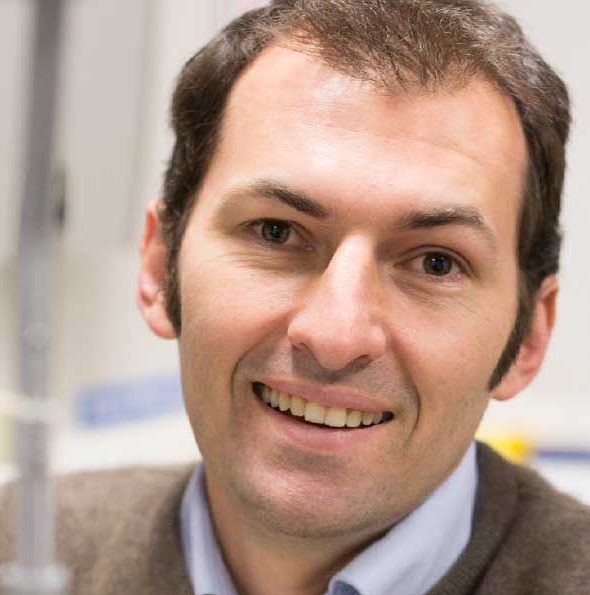
The Royal Hobart Hospital Research Foundation is proud to have first supported the Glaucoma Inheritance Study in Tasmania in 1999 and notes that this has become one of the longest-running investigations that works to ensure Australians know that glaucoma runs in families. This is vital as, sadly, glaucoma can often be left undetected – in fact around half of those in our community with glaucoma area unaware of this until their condition becomes advanced.
This is distressing. Untreated, glaucoma is the leading cause of blindness worldwide and there are many in our local community who have a genetic predisposition toward developing this condition.
Over two decades, this Tasmanian-based study has developed the world’s largest family biobank of glaucoma, featuring over 2,000 patients and a further 3,000 of their relatives. Building awareness has enabled better education and support to be provided to families, but the need for great research doesn’t stop there.
In 2021 Professors Alex Hewitt and David Mackey received funding to continue their investigations around whether a genetic risk score for glaucoma could be used to better identify people at risk of glaucoma blindness. If successful, results from this study will deliver valuable evidence to support glaucoma screening and monitoring in Australia, providing scope for the risk of blindness to be detected early – the aim is that patients will require less treatment and, most importantly, fewer people will go blind.
Both lead investigators are alumni of the University of Tasmania, with Prof Hewitt graduating in 2001. He obtained his PhD from Flinders University in 2009, exploring glaucoma with the motivation to better understand this condition, often labelled the "sneak thief of sight".
Since 2014 Alex and his team have been using world-class technology to better understand and treat inherited eye diseases. In 2016 and 2018 Alex received NHMRC Research Excellence Awards for the top-ranked applicant for a Practitioner Fellowship and Program Grant – that’s an outstanding achievement in such a highly-competitive arena. His research team, in conjunction with researchers across Australia and overseas, has also been actively involved with the identification of genes and risks associated with glaucoma, macular degeneration and myopia.
Prof Hewitt said the specific aim of this current Foundation-funded study is to determine the prevalence of glaucoma (including the risk of developing this) amongst people using a technique called ‘polygenic risk profiling’. As part of a toolkit used in genetic risk prediction, this develops a score that will help guide more targeted approach to timely diagnosis and earlier intervention.
“We have recently developed a genetic risk score for use in detecting primary open angle glaucoma, so now we’re working to understand the effectiveness of this - applying this in a local, population-based setting across Tasmania“ he said.
Many of us know someone who has been impacted by eye disease, they may even have been directly affected themselves. This is a vital study, and we know you’ll want to be kept up to date as Alex and his team progress with this over the months and years to come.
You can donate online today to help support researchers like Alex, and other local researchers in their quest to uncover more insights into diseases and conditions that directly affect the Tasmanian community.